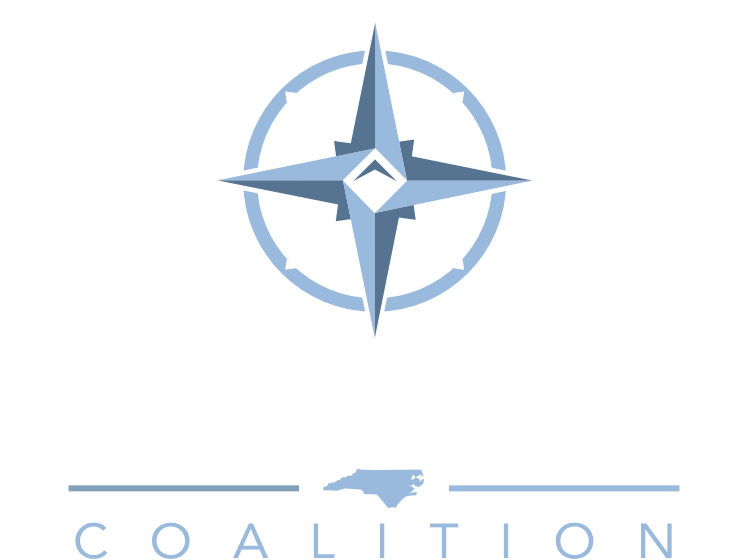INTRODUCTION AND SUMMARY
“Transgender ideology is invading American public schools at an alarming rate. In addition to the massive intrusion on parental rights, the Olentangy School District Policies at issue in this case threaten First Amendment rights by demanding that all students use a child’s preferred pronouns. Failure to comply is branded as “misgendering,” i.e., “the use of pronouns differing from those preferred by transgender students.” Parents Defending Educ. v. Olentangy Loc. Sch. Dist. Bd. of Educ., 2023 U.S. Dist. LEXIS 131707, *37 (“PDE v. OLSDBE”). The very word “misgendering” implicitly assumes the student’s “preferred” gender is correct, regardless of biological reality. But in defiance of that reality, “misgendering” is condemned as “discriminatory” (id. at 3, 50), “derogatory” (id. at 29), “verbal bullying” (id. at 39), “harassing” (id. at 50) and allegedly creates a “hostile environment” for transgender students causing “substantial disruption” (id. at 40). But “no matter how well-intentioned the stated objective, once schools get into the business of actively promoting one political or religious viewpoint over another, there is no end to the mischief that can be done in the name of good intentions.” Hansen v. Ann Arbor Pub. Schs, 293 F. Supp. 2d 780, 803 (E.D. Mich. 2003). Such “mischief” pervades these Policies.
Pronouns are an integral part of everyday speech based on objective biological reality and implicitly coupled with the belief that each person is created immutably male or female. This aspect of speech touches a matter of intense public concern and debate. Not everyone accepts culturally popular “gender identity” concepts or believes that a person can transition from one sex to the other. The First Amendment safeguards the right to speak according to one’s own beliefs on these matters, even in public schools. Students can respect the dignity of others without sacrificing their own rights to thought, conscience, and speech.
The Policies’ combination of speech and viewpoint compulsion is a formula for tyranny that cannot be salvaged by appealing to cases that allow restrictions of student speech under limited circumstances. See Tinker v. Des Moines Indep. Cmty. Sch. Dist., 393 U.S. 503, 511 (1969); Bethel Sch. Dist. No. 403 v. Fraser, 478 U.S. 2 675, 685 (1986) (sexually explicit speech); Hazelwood Sch. Dist. v. Kuhlmeier, 484 U.S. 260, 273 (1988) (school-sponsored expression); Morse v. Frederick, 551 U.S. 393, 409 (2007) (speech promoting illegal drug use); Kutchinski ex rel. H.K. v. Freeland Cmty. Sch. Dist., 69 F.4th 350, 356-57 (6th Cir. 2023).
Public school students do not sacrifice their constitutional rights as a condition of attending public school.”
Read the rest of the brief below.










